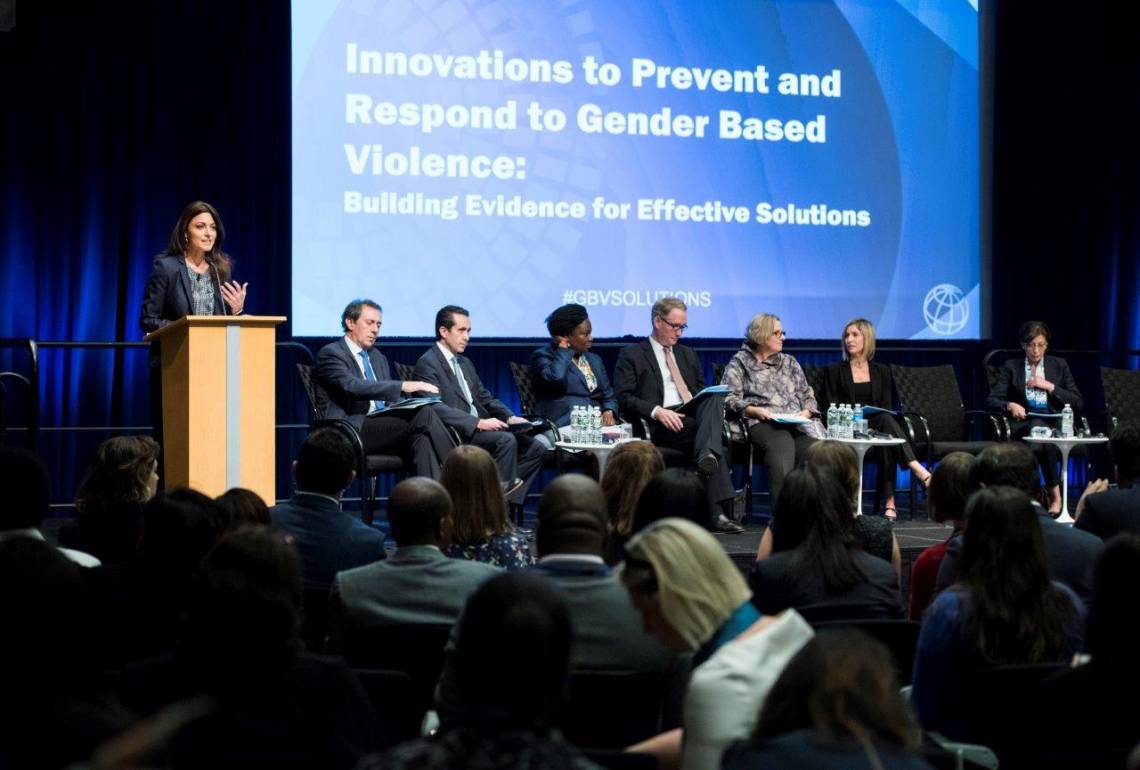Fondation Hirondelle is one of 10 recipients from around the world to receive the World Bank Group and Sexual Violence Research Initiative (SVRI) award for innovative work on the prevention of gender based violence (GBV).
The $100,000 award will support a multi-disciplinary team of physicians, academics and journalists to pilot a customizable, user-designed information and communication technology-based approach to reduce intimate partner violence among refugees.
Intimate partner violence (IPV) is the most common form of violence in humanitarian settings, but it often goes unreported and receives less attention that non-partner sexual violence in these settings. Fondation Hirondelle and its partners, including Addis Ababa University School of Public Health, will design and test a pilot project using radio podcasting to address high rates of intimate partner violence among vulnerable populations in Dollo Ado refugee camp in Ethiopia, where an estimated 216,000 Somali refugees are registered in five camps.
Aims: The current study aims to generate new evidence on IPV and approaches to prevent IPV in humanitarian crises. It will develop and pilot test an innovative, low-cost information and communication technology (ICT) based approach to prevent IPV, and will address important questions on feasibility, acceptability as well as scalability and sustainability of the intervention.
Objectives: Specifically, the project will generate new knowledge on risk factors for IPV in Dollo Ado refugee camps in Ethiopia, as well as how social networks and information sharing channels are organized, and will also develop and pilot a user-designed participatory communication intervention in the form of podcasts targeting IPV in this setting.
Policy Implications: This project addresses important evidence gaps, is innovative in its approach, and engages women, men, community and religious leaders, among other stakeholders. The project outcomes will have important relevance to programming, research, and policy related to IPV in humanitarian settings and will also provide data and tools that can be used to inform IPV prevention interventions in low and middle-income countries.
Project team: Vandana Sharma, MD, MPH, Anne Bennett, MA, Jennifer Scott, MD, MPH, Negussie Deyessa, MD, PhD.
Affiliations:
Harvard T.H. Chan School of Public Health, Boston, United States
Harvard Humanitarian Initiative, Cambridge, United States
Fondation Hirondelle, Lausanne, Switzerland
Beth Israel Deaconess Medical Center, Boston, United States
Brigham and Women’s Hospital, Boston, United States
Harvard Medical School, Boston, United States
Women and Health Alliance International, Addis Ababa, Ethiopia and Paris, France
Addis Ababa University School of Public Health, Addis Ababa, Ethiopia
